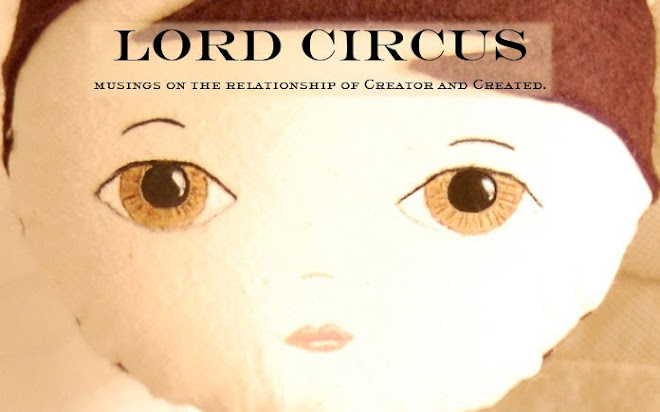by Li-Young Lee
1.
We two sit on our bed,
you between my legs, your back to me, your head
slightly bowed, that I may brush and braid
your hair. My father
did this for my mother,
just as I do for you. One hand
holds the hem of your hair, the other
works the brush. Both hands climb
as the strokes grow
longer, until I use not only my wrists,
but my arms, then my shoulders, my whole body
rocking in a rower's rhythm, a lover's
even time, as the tangles are undone,
and brush and bare hand run the thick,
fluent length of your hair, whose wintery scent
comes, a faint, human musk.
2.
Last night the room was so cold
I dreamed we were in Pittsburgh again, where winter
persisted and we fell asleep in the last seat
of the 71 Negley, dark mornings going to work.
How I wish we didn't hate those years
while we lived them.
Those were days of books,
days of silences stacked high
as the ceiling of that great, dim hall
where we studied. I remember
the thick oak tabletops, how cool
they felt against my face
when I lay my head down and slept.
3.
How long your hair has grown.
Gradually, December.
4.
There will come a day
one of us will have to imagine this: you
after your bath, cross legged on the bed, sleepy, patient
while I braid your hair.
5.
Here, what's made, these braids, unmakes
itself in time, and must be made
again, within and against
time. So I braid
your hair each day.
My fingers gather, measure hair,
hook, pull and twist hair and hair.
Deft, quick they plait,
weave articulate lock and lock, to make
and make these braids, which point
the direction of my going, of all our continuous going.
And though whats made does not abide,
my making is steadfast, and, beside, there is a making
of which this making-in-time is just a part,
a making which abides
beyond the hands which rise in the combing,
the hands which fall in the braiding,
trailing hair in each stage of its unbraiding.
6.
Love, how the hours accumulate. Uncountable.
The trees grow tall, some people walk away
and diminish forever.
The damp pewter days slip around without warning
and we cross over one year and one year.
***
I love this poem. I love how reading it actually feels like braiding hair. I have always found verse 4 peculiar because of its similarity to verse 1. In verse 1 the speaker describes a scene that in verse 4 he says we have to imagine as though it didn't already happen in verse 1. But it dawned on me that verse 4 repeats verse 1 in the same way that braiding strokes repeat each other. There is also a "coming 'round again" feel to these two verses that reminds me of how each bunch of hair in a braid wraps around the other two and disappears behind, before showing up on the other side. I also want to point out a part from verse 5 because it sounds so cool, and the rhythm is really reminiscent of braiding,
So I braid
your hair each day.
My fingers gather, measure hair,
hook, pull and twist hair and hair.
Deft, quick they plait,
weave articulate lock and lock, to make
and make these braids
I love how I get the feel of braiding from the very structure of the poem.
Verse 5 is my favorite, and I think the most pertinent to my question.
And though whats made does not abide,
my making is steadfast, and, beside, there is a making
of which this making-in-time is just a part,
a making which abides
beyond the hands which rise in the combing,
the hands which fall in the braiding,
trailing hair in each stage of its unbraiding.
I am mostly struck by the lines, "There is a making of which this making in time is just a part. . ." So, our making seems to be a part of a larger, more permanent creation. I suppose the speaker could just mean that the braiding is one of the activities that builds the relationship being described. But a relationship exists in time, just like braiding does. So, if the braiding and the relationship are of the same kind, because they both exist in time, then they are both "part" of the "making which abides". And this "making which abides" seems to be something more eternal than anything made in time. At least that is how I am understanding "abides". I am so intrigued by the idea that our making is a part of another kind of making; a making that exist beyond the lifetime of our materials, and beyond the short time in which we are busy making. I wonder if the abiding creation is an echo or record of what we have made, or if our creation is a childish rendition of something more pure and archetypal. I don't have an answer yet.
I also wanted to just muse a bit on the speaker's "steadfast" braiding. There seems to be something important about repeatedly re-making something even though there is an abiding aspect to our creations. Maybe it is just important to us, because it is the aspect we can see.
I wonder which is more real, the aspect that abides or the aspect we can see.
Subscribe to:
Post Comments (Atom)


No comments:
Post a Comment